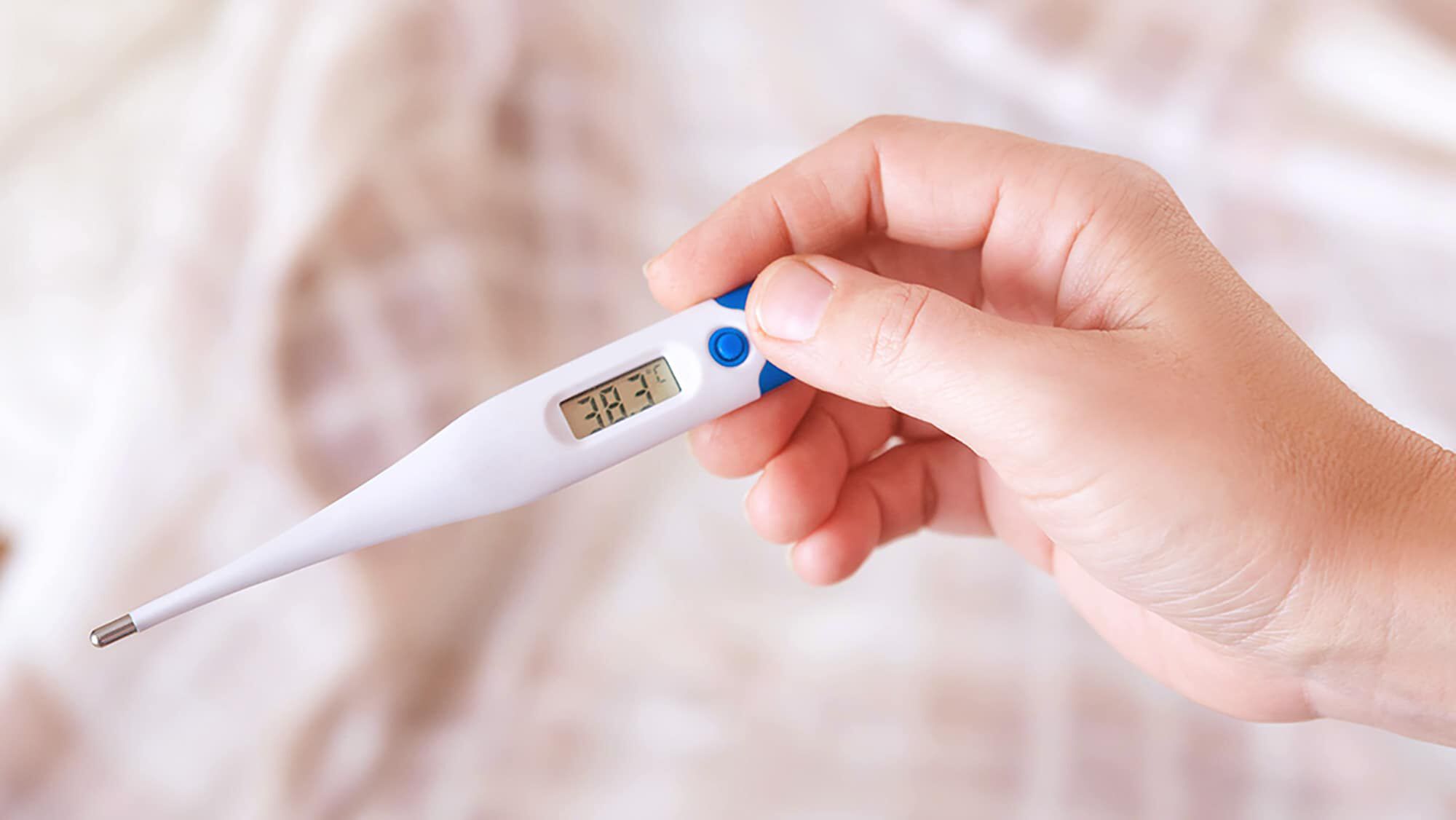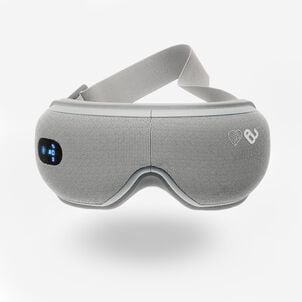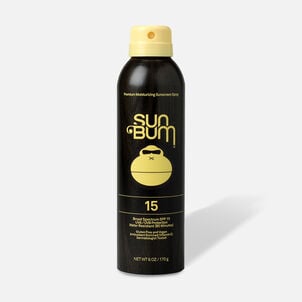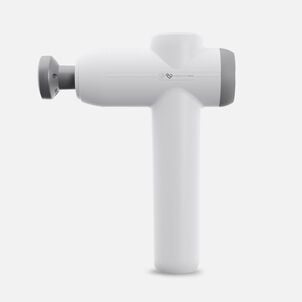As the winter approaches, our country faces the threat of another COVID-19 spike, along with the added challenge of our regular flu season. With more shutdowns and possible COVID-19 supply shortages, it may pay off to make a list to prepare for coronavirus now.
While staying home may be the best way to protect yourself and family, sometimes it can be difficult, if not impossible, to limit your exposure to other people. Our list to prepare for coronavirus includes products to prevent, diagnose, and ease your symptoms.
Although COVID-19 supplies can be costly, most of the items below are health savings account-eligible. By purchasing COVID-19 supplies with your health savings account, you will be spending pre-tax money, which offers you a discount. These are our top 10 must-haves for every family this season.

Hand sanitizer
The CDC recommends using soap and water to wash your hands whenever possible. But when you are away from home without access to soap and water, hand sanitizer may be a good alternative (CDC). When using hand sanitizer, be sure to rub the product on all parts of your hands until both hands are completely dry.
Here are a few things to know, though. Hand sanitizer with 60-95% alcohol may reduce the number of microbes on your hands, but it won't kill all types of germs (CDC). And according to the IRS, hand sanitizer for the primary purpose of preventing COVID-19 is an HSA eligible expense.
In-Person COVID-19 testing
While it's not something you can buy in advance, you may be comforted to know that any out-of-pocket costs for in-person COVID-19 tests are HSA-eligible.
As you are making your list to prepare for coronavirus, you should learn more about your local in-person COVID-19 testing options. Some cities and towns offer free testing sites, and you may also have access to free testing at nearby clinics or hospitals through your health insurance plan.
At-home COVID-19 tests
If you have COVID-19 symptoms and worry about exposing others, you may order an at-home COVID-19 test. Your health insurance plan may cover one of these tests if your medical provider says the test is "medically appropriate" and orders the test for you. Some at-home COVID-19 test companies may require an upfront payment, though. The good news is these tests are HSA-eligible, even if your health insurance won't cover the cost.
Digital thermometers
One of the most common COVID-19 symptoms is getting a fever, which raises your body temperature. Although the average body temperature is 98.6 degrees, your fever may be higher or lower, depending on your normal range (Mayo Clinic).
If you're not feeling well, you may take your temperature from home with a digital thermometer. Parents may use an ear thermometer for monitoring a child's temperature. Based on your temperature, you can decide if you need to take steps like staying home in quarantine or getting tested for COVID-19 (CDC).
Forehead thermometers
Although many cities and states have banned public gatherings, you may be looking for an added layer of security for your smaller, private get-togethers. You may use a forehead thermometer to check each person's temperature before in-person backyard fire pits or socially distanced walks at the park.
As the pandemic stretches on, many small businesses have mandatory temperature checks. Employees may have to check your temperature via a forehead thermometer before you can enter the building for a doctor's office or restaurant visit.
Pain reliever / fever reducers
If your temperature is higher than normal, you may have fever symptoms like chills, dehydration, feeling weak, headache, irritability, lack of appetite, muscle aches, and sweating (Mayo Clinic). Luckily, it may be possible to soothe your fever symptoms without a prescription from your doctor. The CDC recommends using over-the-counter medicine, like Tylenol (acetaminophen), to reduce your fever, which is HSA eligible.
Cough medicine
Another common symptom of the novel coronavirus is developing a dry cough that doesn't produce any mucus or phlegm. You can identify a dry cough by the sound, which may have a barking or hoarse quality (Health.com).You may ease cough symptoms with over-the-counter cough medicine, especially if the cough is keeping you awake at night. You may combine the medicine with elevating your head with pillows to limit your nighttime coughing.
You may also soothe a dry cough with a home remedy like drinking honey in hot water. These liquids may loosen mucus and relieve a sore throat (University of Michigan Health).
Cough drops
Cough drops are another over-the-counter remedy that may alleviate the symptoms of coughing or a sore throat. Menthol, a common ingredient in cough drops, creates a temporary numbing effect and may help relieve throat irritation (Medical News Today). You may buy cough drops over-the-counter without a prescription from your doctor.
Nasal decongestants
Congestion or a runny nose are other possible symptoms of COVID-19. One way to minimize these symptoms is with a nasal decongestant. These drugs work by reducing the blood flow to your sinuses, which cuts back on swelling and opens your nasal passages. You may take nasal decongestants by mouth or topically (Medical News Today).
Decongestant medications may be standalone or part of a multiple-drug combination. You may also use nasal sprays to ease your symptoms. You may buy nasal decongestants and nasal sprays over-the-counter without a prescription. The problem is, there have been mixed findings on whether these products are effective.
Pulse oximeters
While many signs of COVID-19 may be mild, there is always the possibility of life-threatening symptoms. If you are struggling to breathe, the CDC recommends seeking emergency medical care.
Even if you are feeling well, you may have low oxygen levels. This may be an early warning sign. You may use a pulse oximeter, a small device you clip to your finger, to measure how much oxygen is in your blood. If you already have a lung or heart condition, your doctor may have recommended using a pulse oximeter to monitor your situation (CDC). You may buy a pulse oximeter over-the-counter without a prescription.
Are surgical masks HSA-eligible?
Face masks with the primary purpose of preventing the spread of COVID-19 are an HSA and FSA eligible expense.
Be proactive with COVID-19
This winter, we face the dual-threat of COVID-19 and flu season, and it may be more difficult than ever to stay healthy. But you may avoid either virus by taking a proactive stance with your health.
Start by making time to get the flu shot if you haven't already. The flu shot may improve your odds of getting influenza and spreading it to others. The best way to avoid getting COVID-19 is to stay home and social distance whenever possible. If you have to interact with others, always wear a mask, and wash your hands often.
You may also purchase COVID-19 supplies in case you or a loved one gets sick. While you may not want to spend the money now, many items are HSA-eligible. And you may be grateful for the necessities in a worst-case scenario. While there have been reports of price gorging amid the pandemic, you can rest assured knowing we have pledged to offer fair prices on all essential items.
—
Thank you for visiting the HSA Store Learning Center. Don’t forget to follow us for more helpful tips on Facebook, Instagram, and Twitter.


.png)
















